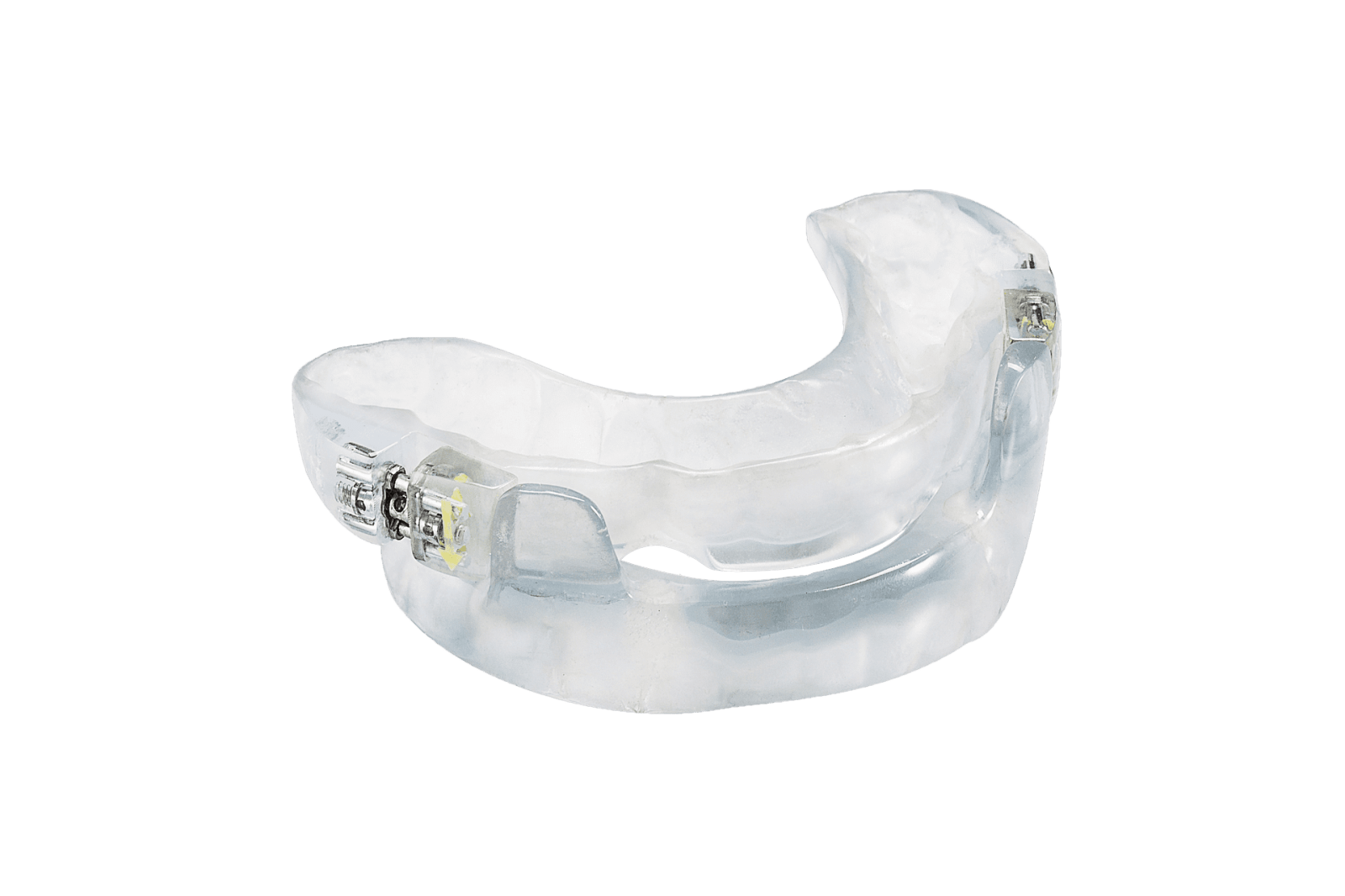Snoring
It is estimated that over 45% of adults snore occasionally, and around 25% snore regularly. Snoring can be a major problem for the person who snores and their partner. It can lead to fatigue, irritability, and even health problems. In some cases, it can signify a more serious health problem. For most people, snoring can be managed with simple lifestyle changes. However, in some cases, more drastic measures may be necessary. This article will discuss how to deal with snoring from a medical perspective.
Use an Anti-Snoring Mouthpiece

An anti-snoring mouthpiece is a device that is inserted into the mouth and holds the tongue in place. It keeps the airways open and helps to prevent snoring when you sleep. If you decide to try an anti-snoring mouthpiece, it is important to find one that is comfortable and fits your mouth properly. Anti-snoring mouthpieces effectively reduce snoring in people with mild to moderate sleep apnea. They are also effective in people who have allergies or sinus problems. These devices are available over the counter or through a prescription. They come in a variety of sizes and shapes. Most people find them easy to use and comfortable to wear.
Make Lifestyle Changes
The most common way to deal with snoring is to make lifestyle changes. This includes losing weight, quitting smoking, and avoiding alcohol. These changes can help reduce inflammation and open up the airways. Experts recommend weight loss for people who are obese. Obesity can lead to excess tissue in the throat, leading to snoring. Smoking and alcohol consumption can also cause inflammation and swelling, leading to snoring.
You can also try sleeping on your side instead of your back. This can help reduce the amount of snoring. If you cannot sleep on your side, you can try using a pillow to keep yourself in that position. Having an orthopaedic pillow can provide additional support and comfort while sleeping on your side, helping to maintain the desired position throughout the night. The contouring and ergonomic design of such pillow can also help alleviate pressure points and promote better spinal alignment, contributing to more restful sleep and potentially reducing snoring episodes. Another way to reduce snoring is to keep the bedroom cool and dark. The cooler air can help reduce inflammation, and the darkness can help reduce distractions.
Use a Nasal Spray or Allergy Medication
If lifestyle changes do not help, your doctor may prescribe a nasal spray or allergy medication. These medications can help reduce inflammation and swelling in the airways, which can help reduce snoring. Your doctor may also prescribe a nasal steroid spray if you have allergies. This type of spray can help reduce inflammation in the nasal passages, reducing snoring. Nasal spray operates by shrinking the swollen tissues in the nose and throat.
Use a CPAP Machine
If lifestyle changes and medication do not help, your doctor may recommend using a CPAP machine. A CPAP machine is a device that delivers pressurized air through a mask to keep the airways open. This can help reduce or stop snoring altogether. The downside of using a CPAP machine is that it can be challenging to get used to. Many people find the mask uncomfortable, which can be challenging to sleep with. However, many people find that the benefits of using a CPAP machine outweigh the disadvantages.
Use Nasal Strips
Nasal strips can open up the nasal passages and reduce snoring. They are made of thin, plastic material, and they stick to the skin on the outside of the nose. They work by pulling open the nasal passages and holding them open while sleeping. There is some evidence that nasal strips can be effective in reducing snoring. The device operates by keeping the nasal passages open and can be helpful in people with a deviated septum or other structural problems that may interfere with airflow.
Use a Mandibular Advancement Device
If lifestyle changes and nasal strips do not work, you may need to use a mandibular advancement device (MAD). A MAD is a device that fits over the teeth and pushes the lower jaw and tongue forward. This opens up the airways and reduces snoring. MADs effectively reduce snoring in people who have mild to moderate sleep apnea. They are also effective in people who have allergies or sinus problems. There are some risks associated with using a MAD. It can cause tooth pain, jaw pain, and headaches. It can also cause problems with breathing and swallowing.
Consider Surgery
In some cases, surgery may be necessary to deal with snoring. This includes a procedure called uvulopalatopharyngoplasty (UPPP). UPPP is a surgical procedure that removes excess tissue from the throat, including the uvula and the tonsils. This surgery is effective in people who have moderate to severe sleep apnea. It is also effective in people who have allergies or sinus problems. However, some risks are associated with this surgery, including damage to the voice box, excessive bleeding, and infection.
If you snore, make sure to discuss your options with your doctor. There are many ways to deal with snoring, and most of them are simple and effective. Try making some lifestyle changes and see if that helps. If it doesn’t, then try using a nasal strip or MAD. If those don’t work, then you may need surgery. Talk to your doctor to find the best solution for you.
